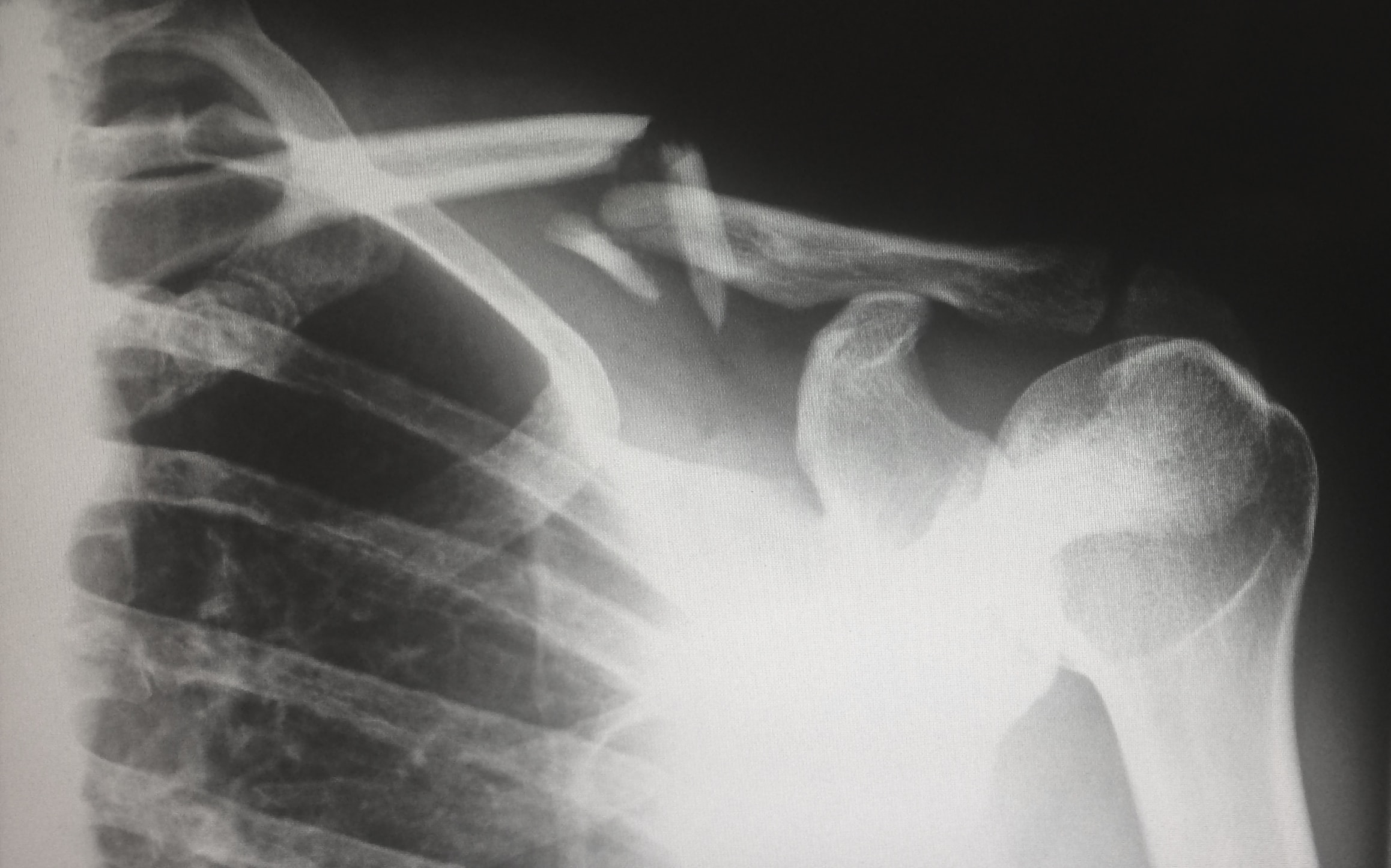Workers’ Compensation Attorney Charlotte, NC
Locations We Serve
Charlotte Workers’ Compensation Lawyer
Protecting your rights. Preserving your future.

If you’ve been hurt at work and you want to pursue workers’ compensation, you need legal representation from an experienced workers’ compensation attorney in Charlotte NC. Why? Because you can be sure that your employer and/or their insurance carrier will have a lawyer (or an entire team of them) protecting their own interests. You need an experienced workers’ comp lawyer to protect yours.
It’s also important to be aware that securing workers’ compensation is a process with a lot of moving parts, and sometimes it can move very slowly if you don’t have a Charlotte NC workers’ comp attorney. Having someone who knows the ins and outs is invaluable in securing a positive outcome.
Trey Collier began his career defending employers and insurance companies in workers’ compensation cases before transitioning to the injured workers’ side. He is intimately familiar with both sides of the process and as a result, can put his unique knowledge and insight to work on your behalf.
The Workers’ Compensation System
Workers’ compensation law in North Carolina was designed to protect and provide for people who’ve been injured in the line of work. It covers the economic damages that may result from an injury, such as medical expenses and wage replacement. It upholds the right of injured workers to be compensated for their injuries and missed work. It also upholds the right of the employer to avoid facing a lawsuit as long as they provide the appropriate benefits. In this sense, it is a transactional system.
It is important to know that workers’ compensation in North Carolina is a “no-fault” system, meaning that the injured employee does not have to prove it was someone else’s fault he or she was hurt. It could be the employee’s fault, the employer’s fault, or no one’s fault at all, and the injured worker can still receive workers’ comp benefits.
Every state has different laws regarding on-the-job injuries. In North Carolina, the Workers’ Compensation Act determines the process of how these injuries are dealt with, and how they are compensated.
While it is possible for an injured worker to file a workers’ compensation independently, it’s often not advisable. Why? Because the claims process is complex, and you risk not getting the maximum compensation you deserve. You may accept an offer from your employer’s insurance company, only to realize it isn’t as much as you expected and doesn’t cover all your expenses.
The last thing you need when you’re trying to recover is the added stress of medical bills piling up, while you struggle to get the workers compensation benefits you’re owed. If you want to ensure the best possible outcome for your case, you need an experienced Charlotte workers’ compensation lawyer in your corner.
What To Do if You’ve Suffered a Workplace Injury in Charlotte, NC

One of the worst things you can do when you’ve been hurt on the job is ignore it. It is very possible that your workplace injury is worse than you realized, and this can come back to bite you later when you’re trying to file a workers’ comp claim. Your employer and their insurance company may argue that you’re not really hurt, and the lack of immediate documented medical treatment won’t help your case.
Make sure you take these crucial steps if you experience a work-related injury.
Notify your employer of your accident as soon as possible. Clearly, if your injuries are catastrophic or life-threatening, you need to attend to them first. However, you must notify your employer verbally and in writing within 30 days of the accident, or you risk losing your right to compensation.
Seek immediate medical attention. It is important that you do not delay in doing this. Some injuries worsen or become more serious over time, and it is vital to have medical documentation for your workers’ compensation claim. Your employer may have an on-site healthcare provider or direct you to a doctor. Otherwise, see your regular doctor as soon as possible, and make sure he or she records that your injury occurred in the workplace.
Follow your doctor’s orders exactly. Comply with any activity restriction, medication, and physical therapy instructions.
Keep records of everything. Take photographs of your injuries and any hazards at the scene of the accident. Gather witness statements, if applicable. Hang on to all medical bills, records, after-care summaries, accident reports, disability statements, and receipts.
File a workers’ compensation claim with the North Carolina Industrial Commission (NCIC) within the two-year statute of limitations— the sooner the better. It is strongly advised that you seek legal advice before doing this. A skilled, competent Charlotte workers’ compensation attorney can assist you in the claims process and help guarantee you get the just compensation you deserve.
Why You Need a Charlotte Workers’ Compensation Attorney
Any Charlotte workers’ compensation lawyer would advise an injured worker to seek legal assistance. Workers’ compensation law in North Carolina is highly technical and complex. Claims can be denied if paperwork is incomplete or improperly filled out. Employers and their insurance companies often try to take advantage of an injured worker’s unfamiliarity with the law and their legal rights.
An insurance adjuster may tell you that you don’t need to obtain legal representation. However, their priority is pleasing their employer and their own compensation, which means focusing on the bottom line. Don’t be fooled: an insurance company’s primary goal is to pay you as little compensation as they can get away with.
A principled, experienced Charlotte workers comp lawyer will prioritize your best interests and won’t quit until you receive the best possible compensation.
The Collier Law firm can ensure your Charlotte workers’ compensation claims process goes smoothly in the following ways:
We will thoroughly investigate your claim and meticulously gather all relevant evidence to make your workers’ compensation case as strong as possible. Besides all medical documentation pertaining to your injuries, we also gather witness statements, police reports, surveillance footage, and any other applicable evidence. Once your case is bulletproof, we will file a workers’ compensation claim on your behalf.
In the event that your claim is denied, we will go to bat for you and do everything we can to get the decision reversed. We will investigate the cause for rejection, and forcefully challenge baseless and unlawful grounds for your claim denial.
While we always strive to negotiate a just settlement for you as the first-line strategy, we are not afraid to take your case to court if that’s what it takes. We are confident in our litigation skills. If we have to proceed to the court of appeals should the North Carolina Industrial Commission return an unsatisfactory ruling, we will continue to relentlessly fight for your rights.
Benefits Covered by North Carolina Workers’ Compensation Laws
If you’ve suffered injuries from a work-related accident, you may be entitled to benefits to help you manage your medical expenses and other costs associated with the accident. Benefits covered under North Carolina Workers’ Compensation Law include:
- Medical Benefits
- Vocational Rehabilitation Services
- Wage Replacement Benefits
- Disability Benefits
- Disfigurement and Scarring Benefits
- Wrongful Death Benefits

Medical Benefits
These cover your emergency care, doctor’s visits, prescriptions, lab and diagnostic testing, physical therapy and rehabilitation, medical supplies, ongoing costs of care, and any other medical bills related to your accident. If you travel 20 miles or more round-trip for medical care, you are also entitled to mileage reimbursement.
Vocational Rehabilitation Services
If you’re able to return to work but at less than 75% of your pre-injury wages, you may qualify for vocational rehabilitation to support job retention. This includes training, education, skills assessments, counseling and guidance, and job placement.
Wage Replacement Benefits
If you are out of work for more than seven days, you are entitled to compensation for lost wages. (This is temporary total disability, described below.) If you are out of work for more than 21 days, you can also receive compensation for the first seven days retroactively. The rate at which you are compensated is two-thirds of your average weekly wage (AWW) prior to your accident, up to a predetermined maximum amount, but the money is tax free.
Disability Benefits
These benefits pertain to your inability to work, or the inability to work at your previous capacity. They may be temporary or permanent.
Temporary Disability Benefits:
If your doctor determines you are unable to work at all while you’re recovering from your work-related injury, you can receive temporary total disability benefits while you’re unable to earn a wage. If you return to work but cannot function at the same capacity, you may receive temporary partial disability, or “wage differential.” These benefits are equal to two-thirds of the difference between your pre-injury AWW and your post-injury reduced weekly earnings.
Permanent Partial or Total Disability Benefits:
These benefits are paid if you continue to experience some degree of disability after a doctor determines you have reached “maximum medical improvement,” meaning your physical condition is not expected to improve any further.
Permanent total disability is only given for extreme injuries, such as paralysis or a double loss of limbs.
Disfigurement and Scarring Benefits
If you experience serious, permanent, observable disfigurement and scarring which affects your ability to earn wages, you may be entitled to these benefits. However, they cannot be claimed if you have already received compensation for the disfigurement under a disability claim, such as for the loss of a limb.
Wrongful Death Benefits
If your loved one died after a workplace accident– even if it only contributed to but was not the direct cause of death– you may be entitled to wrongful death benefits. These are payable to the decedent’s surviving spouse and dependent minors. They include funeral and burial expenses, as well as two-thirds of the decedent’s average weekly wag
Does Your Charlotte Workplace Injury Qualify for Workers’ Compensation Benefits?
Determining whether your on-the-job injury qualifies for workers’ compensation benefits is pretty straightforward, but as is always the case with law, there are exceptions.
North Carolina workers’ compensation is a no-fault system. This means workers injured in a workplace accident are entitled to compensation regardless of whether or not it was their fault or their employer’s fault. If your accident meets the following criteria, it should be covered.
- Your injury or illness must arise while you are working.
- Your injury or illness must arise because of your work.
- Your injury or illness must be caused by an accident or specific incident.
- Your employer must have three or more employees.
You cannot collect compensation if you intentionally injure yourself at work, as this would obviously not qualify as an accident.
Although these criteria are pretty clear-cut, your employer’s insurance company may try to convince you that your work-related injury does not qualify for compensation. Your employer may even try to tell you they aren’t required to provide workers’ compensation! Therefore it is always advisable to consult with a knowledgeable Charlotte workers’ compensation lawyer.
At the law offices of Collier Law, we are prepared to sit down and review your workers’ compensation case with you and offer our honest opinion at no charge. Your free evaluation can help you decide if you need counsel, guide your next steps, and position you for success at the negotiating table or in the courtroom.
Common Workplace Accident and Injury Cases Handled by our Workers’ Comp Lawyers in Charlotte NC
Certain types of workplace accidents and injuries happen with greater frequency, and our law firm has represented clients in all of them.

Workplace Accidents
Some of the most common types of work-related accidents are:
Falls: Serious injuries can result from tripping over a hazardous object, slipping on a slick floor, or falling from a ladder, scaffolding, or roof from a significant height. They are all dangerous, and one of leading causes of on-the-job injury.
Repetitive Stress and Overexertion: Injuries that occur from overuse, overexertion, and repetitive strain can cause debilitating long-term pain and a loss of productivity. These often result from manually lifting heavy objects with improper technique; pushing, carrying, holding, turning, or throwing; and repetitive microtasks/work without breaks.
Contact with Equipment or Falling Objects: These accidents can result from falling tools, debris, or other materials; being caught in or pinned by machinery or equipment; being pushed or thrown into a hard surface; and excessive vibration, among many other causes.
There are dozens of other types of workplace accidents, including crashes and collisions, exposure to harmful substances, fires and explosions, and workplace violence by persons or animals.
Workplace Injuries
Common on-the-job injuries can range from mild to extremely serious and life-threatening. They include but are not limited to:
- Occupational disease or occupational illness from exposure to toxins
- Traumatic brain injury
- Spinal cord injury
- Neck and back injury
- Sprains and strains
- Fractures and broken bones,
- Lacerations
- Burns
At-Risk Occupations for Workers’ Compensation Claims
Workplace accidents happen in every industry and occupation. However, certain professions make you more prone to workplace accidents for obvious reasons– their work environments simply give rise to a greater number of hazards and risks.
Unsurprisingly, construction workers have a much higher chance of being injured on the job than someone in clerical work, for example. The mining, manufacturing, and transportation industries similarly have higher rates of workplace injury. It is incredibly important for workers in higher-risk occupations to exercise extra caution, be alert and aware of their surroundings, comply with all safety precautions, and to know their rights.
Still, any workplace injury can be serious and, all injured workers are entitled to compensation if their claim qualifies.
Questions Our Charlotte Workers’ Comp Attorneys Can Answer for Injured Workers

If you’ve been injured on the job in Charlotte, NC, you’re eligible to receive workers’ comp benefits seven days after your accident. You will not be paid for the first seven days unless you miss more than twenty-one days of work. In that case, you can obtain compensation for the entire time you were out of work due to your injury. The seven days of missed work do not have to be consecutive for you to be compensated.
Generally, North Carolina workers’ compensation will continue to pay benefits up to a maximum of 500 weeks (roughly 9.5 calendar years). In some circumstances, you may be able to apply for an extension. However, you will need to prove that you are still completely unable to work.
Benefits will end when you return to work or if your employer files an Application to Terminate Benefits with the NCIC.
Seeking benefits for mental health conditions can be a difficult task, but not impossible. If you can prove that you’ve suffered a mental health issue such as PTSD, anxiety, or depression as a direct result of a specific job injury, workers’ compensation may cover it. Generalized work stress that is unrelated to a workplace injury would not be covered.
The short answer is no. You cannot sue your employer or file a personal injury lawsuit to obtain non-economic damages against your employer. The workers compensation system was designed to provide essential benefits to injured workers in a timely fashion, regardless of fault, while avoiding costly, contentious, and drawn-out legal battles.
However, there are certain rare circumstances in which you can sue your employer if you can prove that egregious or intentional actions or inactions on their part were the direct cause of your injuries. These circumstances only apply to extreme cases.
While you cannot sue your employer, it is possible you may have legitimate cause to file a personal injury lawsuit against a third party, if you can demonstrate that their negligence contributed to your workplace injury. This does not fall under workers compensations claims.
A couple examples of actionable third-party claims would be:
- Product Liability – Your injury was caused by a defective product or piece of equipment.
- Premises Liability – Your injury was caused by dangerous conditions on a property you were at for your job, but which was not your employer’s.
In either of these cases, you would not be bringing a claim against your employer. In the first example, you would possibly be able to sue the product manufacturer (or appropriate party). In the second, you would possibly be able to sue the property owner. In each situation, you would need experienced attorneys to help you build a strong case and prove third-party negligence.
The Retaliatory Employment Discharge Act (REDA) protects North Carolina workers injured on the job from being punished or discriminated against. Filing a workers’ compensation claim is a legally protected activity, and it would be illegal for your employer to fire you for exercising your rights.
If this were to happen, there are actions you can take. You have the right to file a claim against your employer with the North Carolina Commissioner of Labor, stating you believe you were discharged from your job for filing a workers’ compensation claim. The Department of Labor would then decide whether to pursue the claim. If they rule in your favor, you may be entitled to damages, including back pay and reinstatement to your job.
A seasoned Charlotte workers’ compensation lawyer at Collier Law can assist you with this and offer judicious legal advice if your employer takes unlawful action against you.
If you are an injured employee in Charlotte, your employer may attempt to make you return to work before you are physically ready. There are certain hoops the workers’ compensation law requires the employer to navigate, but many employers will take advantage of an unrepresented worker to get around these. For example, the statute covering return to work light duty states that before an injured employee returns to work, the employer must have a light-duty job description approved by the treating physician. In addition, the proposed work must be within the employee’s work restrictions. This is important to know, as there have been cases where an employer will make someone return to work light duty only to find a reason to terminate them at a later point.
Contact Collier Law Today – The Charlotte Workers’ Compensation Attorney
The consequences of a work-related injury can range anywhere from frustrating, daily annoyance to completely debilitating, life-altering pain and disability. As an injured worker under North Carolina law, you have a right to fair compensation, and your employer has an obligation to provide it.
At Collier Law, we are a small, specialty law firm. We pride ourselves on being “The Workers’ Lawyer.” If you’ve experienced a work-related injury in Charlotte, North Carolina, we are the law firm you want to have your back. We are smart, experienced workers’ compensation specialists who will fight tirelessly for your rights. We will pursue maximum compensation for the injuries you’ve sustained.
When you’re a client at Collier Law, you are so much more than a number to us: we value our attorney-client relationship and getting the justice you deserve above all else.
Contact us today for a free evaluation. We will honestly evaluate the details of your individual case and offer personalized, compassionate legal counsel at no obligation to you. We work hard to earn our clients’ trust and business, and we only get paid when you do.
